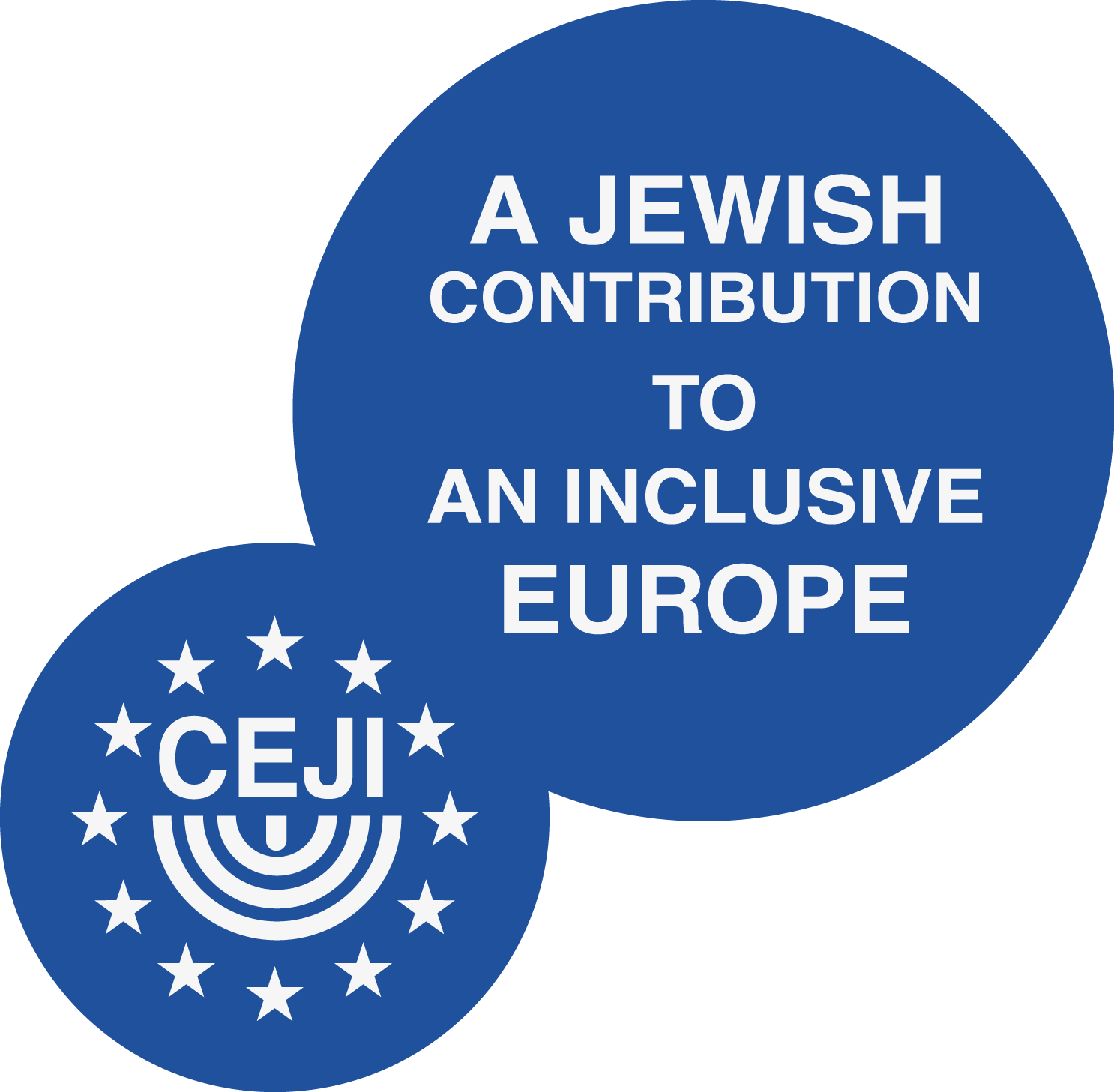 CEJI: “Obsession with headscarf works negatively on the integration of Muslim women”
CEJI: “Obsession with headscarf works negatively on the integration of Muslim women”
Brussels, 26 February 2014.
CEJI – A Jewish Contribution to an Inclusive Europe is deeply troubled by escalating racism and racial tensions in Belgium, highlighted in reports issued this week by the European Commission against Racism and Intolerance (ECRI) (1) and by the Center for Equal Opportunities and Opposition to Racism submitted to the United Nations Committee on Racial Discrimination (CERD) (2).
CEJI is deeply concerned about the division within the Belgian anti-racism movement today on the Muslim headscarf. CEJI believes strongly in the fundamental right of religious freedom and sees more harm than good coming out of this obsession with the Muslim headscarf. Not only has this obsession had negative consequences on the integration of Muslim women in the education and employment system of Belgium, but it also has had a serious impact on the freedom of Jews, Sikhs, Hindus and even Christians to wear religio-cultural dress and symbols. Neutrality is defined only by what is considered an acceptable norm, and we are challenged to re-consider how to make our public space effectively inclusive. Social coercion to wear or not to wear the headscarf is counterproductive to the goal of women’s emancipation.
CEJI’s Director Robin Sclafani says:
“There is a great irony in the debate on the headscarf and this expression of Islamophobia. Muslims are criticized for oppressing women, and yet secular society is doing just that by forbidding women’s participation because of their clothing. At the same time, Muslim women are the biggest victims of anti-Muslim hate crime. Why, if we are so concerned about the emancipation of Muslim women, are they becoming the worst victims of gendered racism? This is a call for all of us to hold up a mirror to our own unconscious biases in relation to gender, ‘race’ and religion. We need not be afraid to lose our own identity and rights by recognizing others’.”
In order to achieve a truly inclusive and non-discriminatory society, we must work together across sectors to confront prejudice and hatred of all kinds. Bigotry breeds anger and more bigotry. There is deep concern about anti-Semitism and homophobia in Muslim as well as non-Muslim communities. How can we expect a change when we find rights-based hypocrisy throughout the majority as well as minority communities? The best way to challenge any form of hatred is by demonstrating inclusion from the highest political levels to the grassroots.
Legislation, government policies and monitoring bodies are essential, and therefore CEJI echoes the recommendations of ECRI and the CERD to take the necessary steps in these areas. CEJI also wants to draw attention to the absolutely critical role of training for social transformation. Decision-makers and policy implementers need to confront their own prejudices and deeply grapple with the issues in order to effectively reverse the tide of racism and xenophobia which is plaguing Belgium and many other European nations. Training can assist with the process of unlearning prejudice as well as develop competences and strategies that can create inclusive societies where people can enjoy their full potential with all their diversity.
(1) http://www.coe.int/t/dghl/monitoring/ecri/Country-by-country/Belgium/BEL-CbC-V-2014-001-ENG.pdf
(2) http://www.diversite.be/sites/default/files/documents/publication/rapport_parallele_be_centre_egalite_des_chances_0.pdf
About CEJI:
CEJI – A Jewish Contribution to an Inclusive Europe stands with individuals and organisations of all religions, cultures and backgrounds to promote a diverse and inclusive Europe. CEJI works to combat prejudice and discrimination and to promote social cohesion through training and education, dialogue initiatives and advocacy at a European level. www.ceji.org
For additional information, or to arrange an interview, please contact
Robin Sclafani, CEJI Director
E-mail: robin.sclafani@ceji.org
GSM / Cell: +32 (0)486 640 822 or +32 (0)2 340 9622
